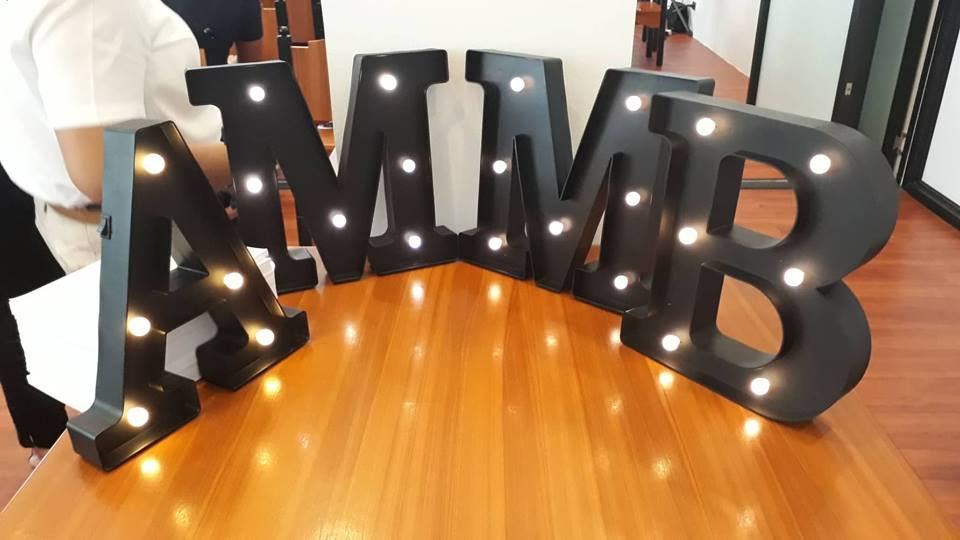How a new mining law will end women’s woes in mining areas
- Legal Rights Center
- Dec 14, 2018
- 3 min read
At an event organized by the SOS Yamang Bayan Network in Quezon City today, Senator Risa Hontiveros urged the president to pass a new mining law that will ease women’s burdens because of mining as well as fix other problems that hound the mining industry.

From left to right: Teresa de la Cruz, Senator Risa Hontiveros, and Malou Verano, the main speakers of Sa Pusod ng Dusa.
“President Duterte should certify as urgent the Alternative Minerals Management Bill, which will regulate the mining industry better, ending the host of problems women in mining-affected communities suffer,” said Senator Risa Hontiveros, one of the authors of the AMMB and a staunch women’s advocate.
“In Masbate, we are facing health risks because of water contamination from mining. Because it is women who care for the sick, the burden of looking for money for medication and hospitalization will fall on their shoulders. “Mining also destroys rivers and seas, which are poor people’s sources of food and livelihoods. The poorer the household, the harder it is for women, who are responsible for feeding families,” said Malou Verano, a community leader from Aroroy, Masbate.

An open-pit mine in Aroroy, Masbate.
“Mining also destroys forests, which serve as traditional pharmacies where indigenous women get medicine for ailments,” said Teresa de la Cruz, a community leader from Zambales who was part of a successful campaign to block the renewal of a permit for a mining company.
“These are just some of the problems that women face because of destructive large-scale mining. The government must pass the AMMB, which gives communities the right to disallow large-scale mining areas when it threatens their sources of income and food, and when it endangers the health of families,” said Hontiveros.
The three women were the speakers for Sa Pusod ng Dusa: Women bear witness to the impacts of mining, an activity organized by the SOS Yamang Bayan Network, a multi-sector alliance of non-governmental organizations, indigenous peoples, farmers, fisherfolk, students, artists, and faith-based organizations pushing for the AMMB.

The AMMB also prohibits mining in disaster-prone areas, critical watersheds, heads of watersheds, key biodiversity areas, residential areas, prime agricultural lands, and other so called “no-go mining zones.”
“The present mining law, Republic Act No. 7942, allows mining in so many areas to the disadvantage of communities. What is even more disconcerting is that mining contributes less than 1% to the country’s Gross Domestic Product even as it causes so much harm,” said Hontiveros.
AMMB will improve the economic contribution of the mining industry through a provision supporting national industrialization. It will disallow foreign large-scale companies from operating in the country and ban the export of raw mineral ores.

NGOs, members of the media, students from Youth for Rights and the Polytechnic University of the Philippines, and bloggers attended the event.
“Under the AMMB, only Filipino corporations will be allowed to mine ‘strategic minerals,’ or minerals that are crucial for the country’s national industrialization. Instead of exporting raw mineral ores thus benefitting foreign countries, mining companies will be required to process them domestically, supporting downstream industries. Under AMMB, mining will have a purpose. Mining purely for profit must end,” said Maya Quirino, coordinator of the SOS Yamang Bayan Network.
“We urge President Duterte to ask Congress to pass the AMMB, a bill that puts the environment and people first before profit. Mining must help build the nation, not destroy it,” said Hontiveros.

Senator Hontiveros poses with the speakers and members of the SOS Yamang Bayan Network.




Comments